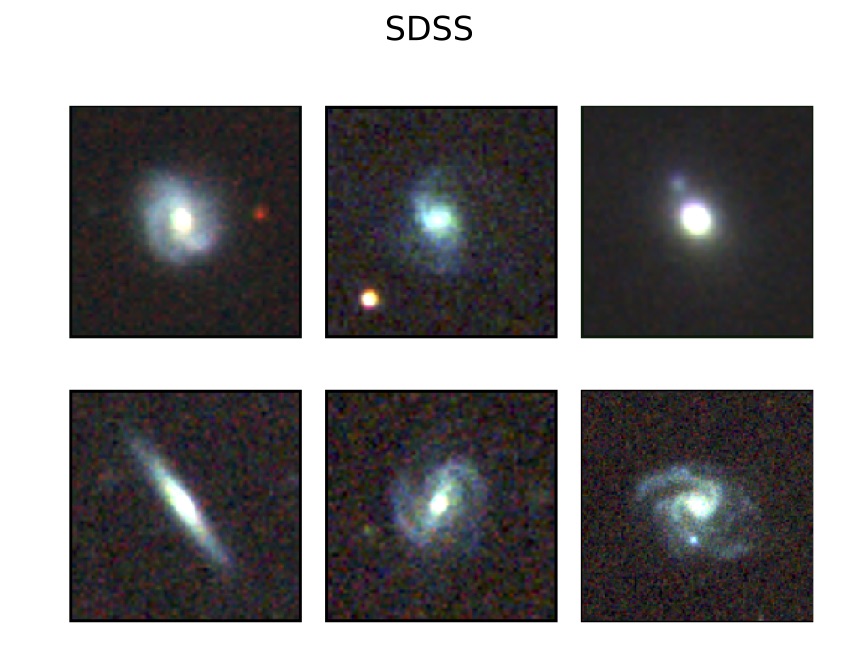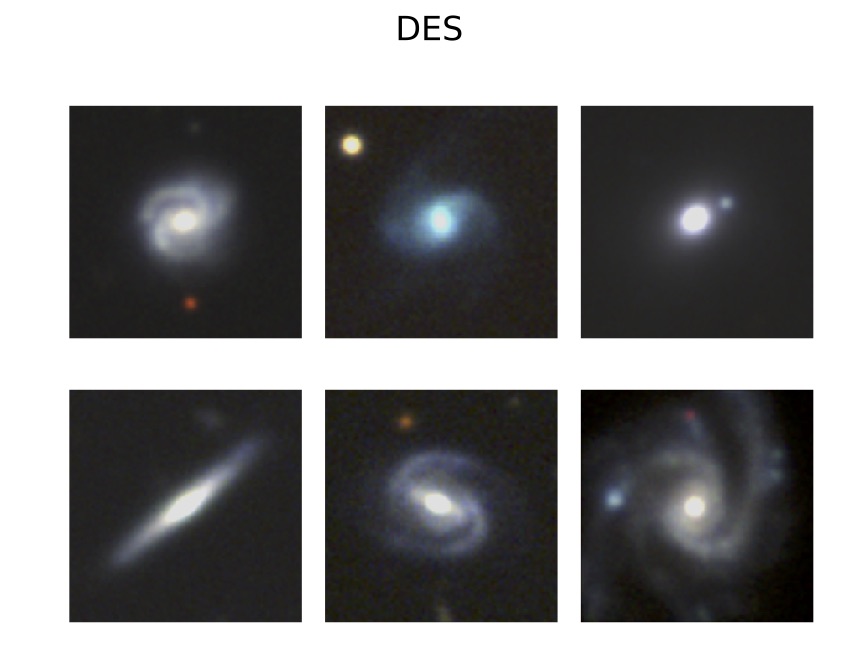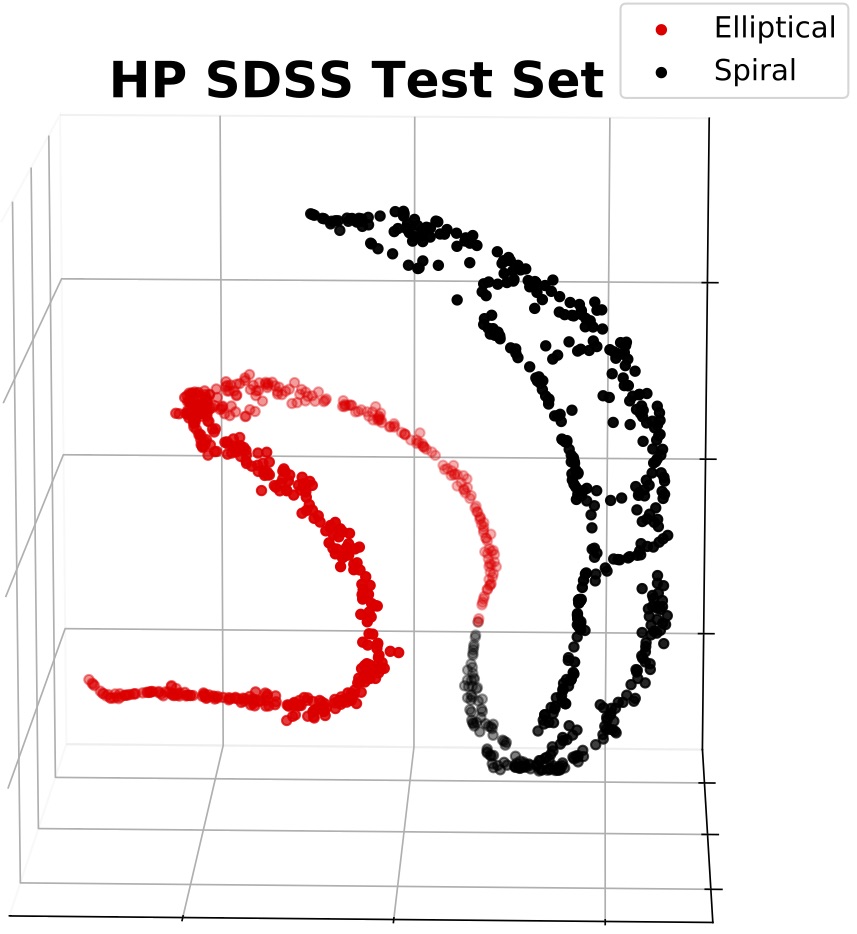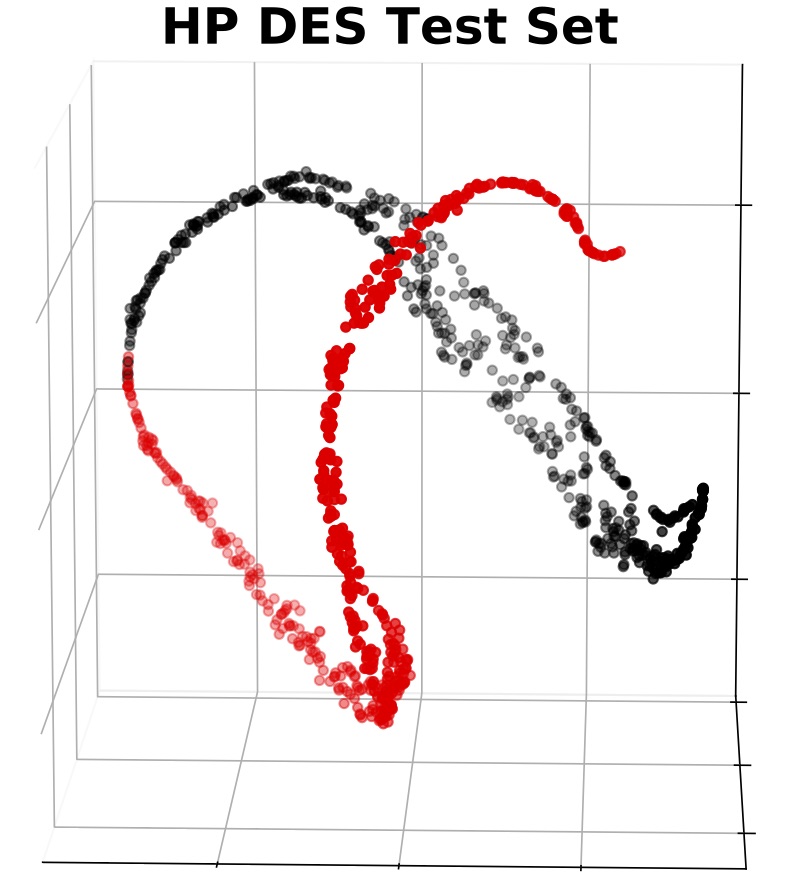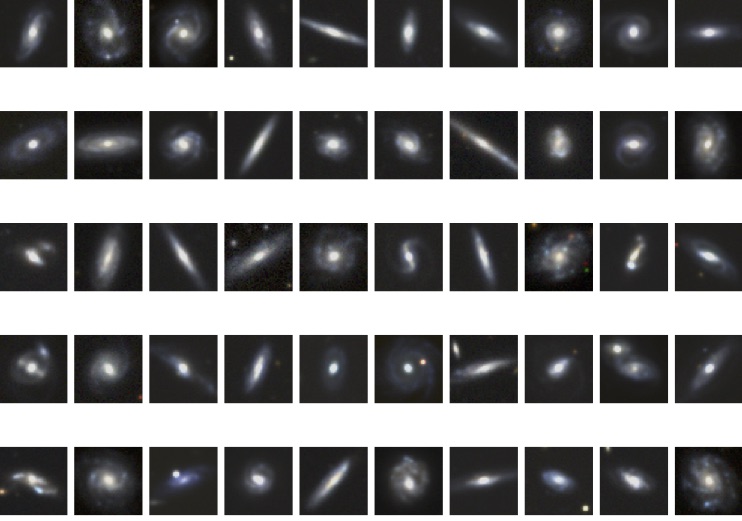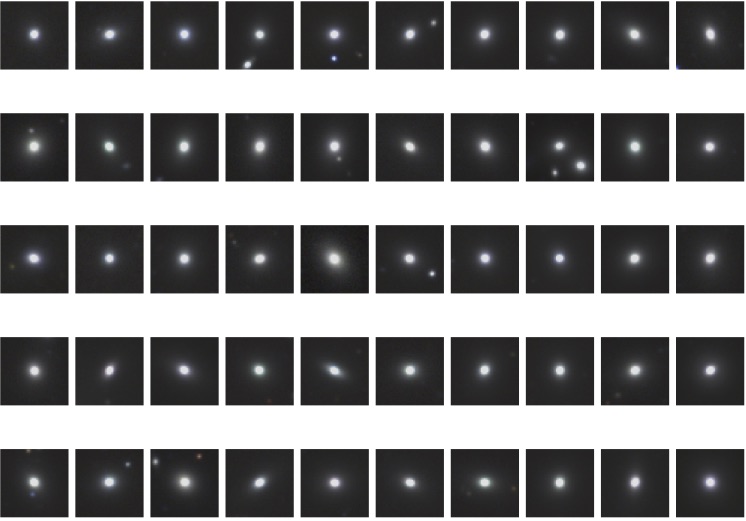Projects:

DES Galaxy Classification
Transfer Learning through Convolutional Neural Networks to do unsupervised clustering of Galaxies in the DR1 dataset.
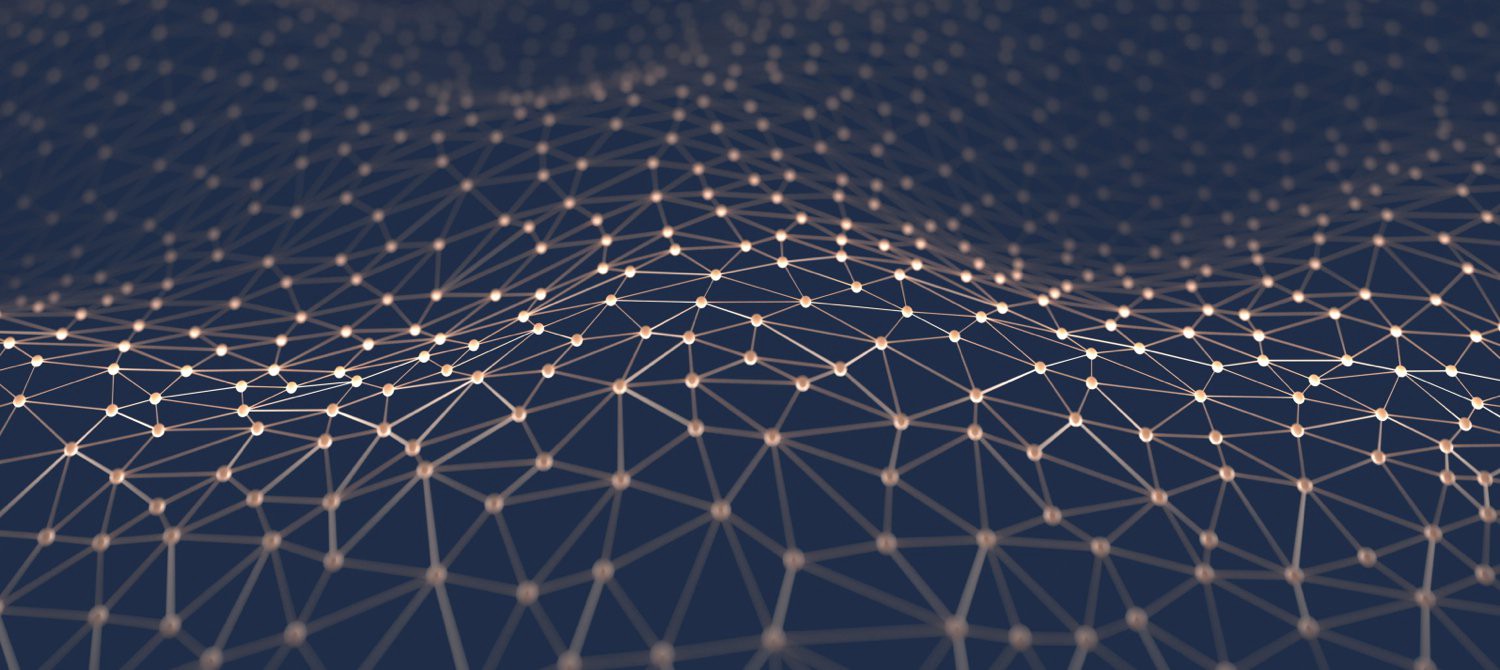
Scaling Deep Learning
Parallelizing the training of Deep Neural Networks on multiple GPUs
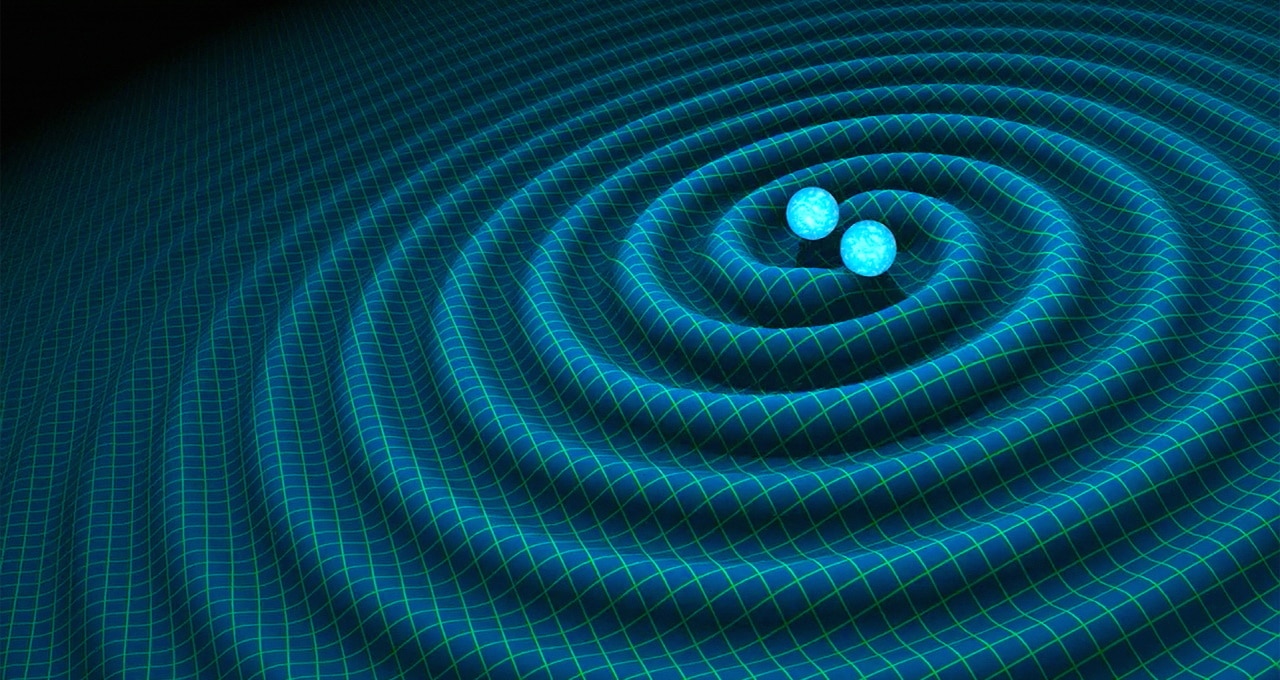
Gravitational Waves Parameter Estimation
Physics-inspired deep learning to characterize the signal manifold of quasi-circular, spinning, non-precessing binary black hole mergers
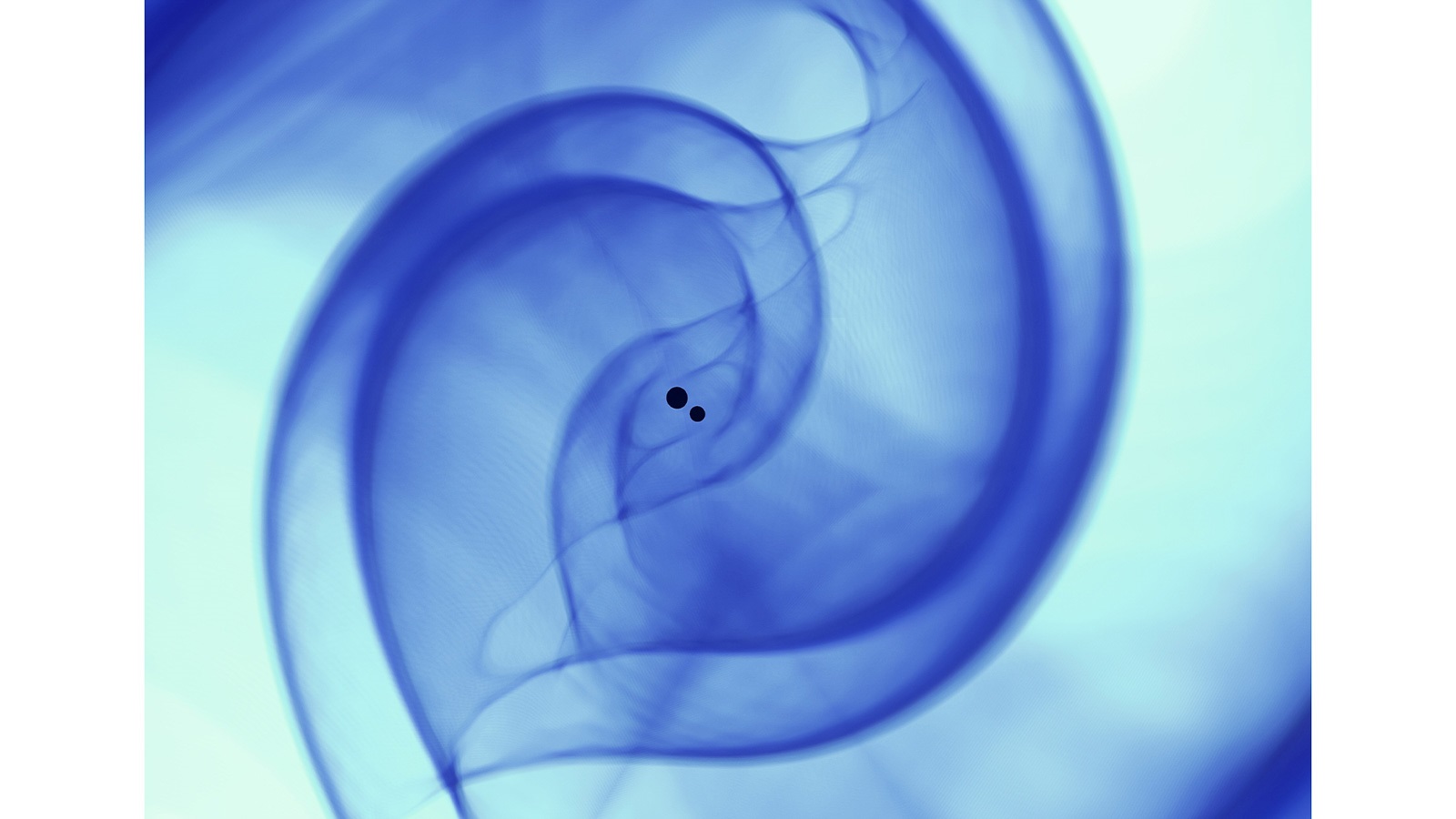
Deep Learning for Gravitational Wave Detection
Deep learning ensemble for real-time gravitational wave detection of spinning binary black hole mergers

Interpreting Natural Language Processing
Probing Interpretability of Deep Learning models for Natural Language Processing, using BERT for Named Entity Recognition as a case study.
Publications:
-
Interpretable AI forecasting for numerical relativity waveforms of quasi-circular, spinning, non-precessing binary black hole mergers
Physical Review D, arXiv:2110.06968 -
Physics-inspired deep learning to characterize the signal manifold of quasi-circular, spinning, non-precessing binary black hole mergers
Physics Letters B, arXiv:2004.09524 -
Deep learning at scale for the construction of galaxy catalogs in the Dark Energy Survey
Physics Letters B, arXiv:1812.02183 -
Accelerated, scalable and reproducible AI-driven gravitational wave detection
Nature Astronomy, arXiv:2012.08545 -
Deep learning ensemble for real-time gravitational wave detection of spinning binary black hole mergers
Physics Letters B, arXiv:2010.15845v1 -
Enabling real-time multi-messenger astrophysics discoveries with deep learning
Nature Reviews Physics, arXiv:1911.11779 -
Convergence of Artificial Intelligence and High Performance Computing on NSF-supported Cyberinfrastructure
Journal of Big Data, arXiv:1902.00522 -
Inference-optimized AI and high performance computing for gravitational wave detection at scale
Frontiers in Artificial Intelligence, arXiv:2201.11133 -
AI and extreme scale computing to learn and infer the physics of higher order gravitational wave modes of quasi-circular, spinning, non-precessing binary black hole mergers
arXiv:2112.07669 -
Interpreting a Machine Learning Model for Detecting Gravitational Waves
arXiv:2202.07399 -
280 GHz Focal Plane Unit Design and Characterization for the SPIDER-2 Suborbital Polarimeter
arXiv:1711.04169v2
Reviews:
- PyFstat: a Python package for continuous gravitational-wave data analysis, D. Keitel, et al.
The Journal of Open Source Software
